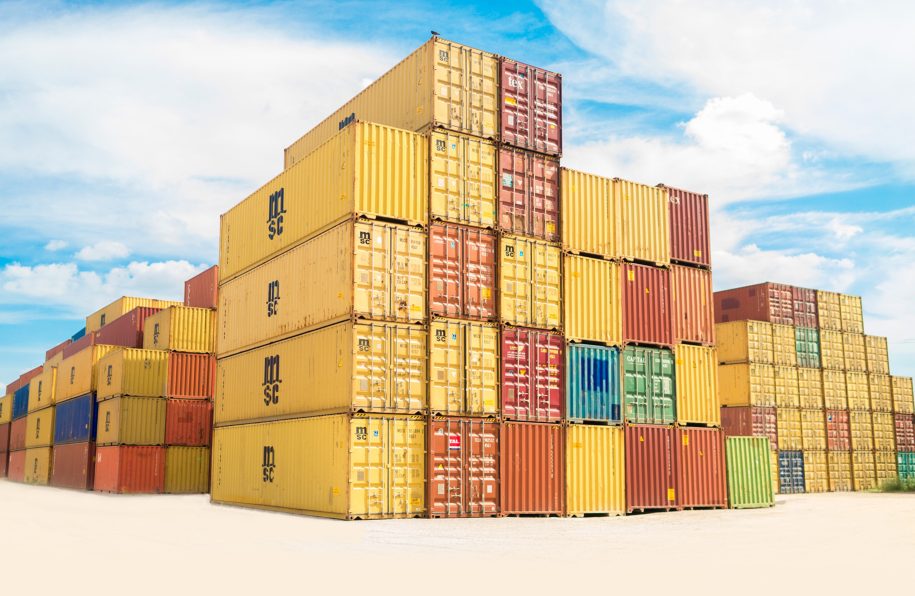In International Trade:
Understanding Incoterms is a vital part of being a successful exporter because they define in precise terms the responsibilities of both seller and buyer in the delivery of the goods from the seller to the buyer. That is, Incoterms (International Commercial Terms) are the delivery terms agreed upon by both seller and buyer for the delivery of the goods.
What are Incoterms and why are they important?
Incoterms were specifically set out by the International Chamber of Commerce (ICC) to provide a universally accepted convention for Delivery Terms between International Trading parties. Essentially they are a form of protection for both parties when shipping and receiving goods overseas.
Applying Incoterms as Delivery Terms
Delivery Terms, or Incoterms, specify the agreement between yourself (supplier/exporter) and the overseas buyer (importer) on;
- Location – The place where risk transfers from yourself to the buyer in terms of the contracted goods.
- Conditional Ownership – The point where costs terminate for you, and where the buyer adopts conditional ownership of the contracted goods.
The current version, (Incoterms 2010) contain interpretations for the eleven most commonly used International Trading, for example “Free On Board”
Can you modify Incoterms?
Yes. Since the ICC Incoterms are NOT founded in law, you can modify them to suit the specific Delivery Terms. However, modifying an Incoterm is strongly discouraged. Why? Because any modification makes your Delivery Terms non-standard, and therefore open to interpretation and ambiguity.
If you are going to modify an Incoterm:
- Avoid modifying areas of specifying liabilities.
- Clarify the obligations and liabilities introduced and/or removed.
- Record any modifications in writing.
In creating a modified Incoterm(s), the responsibility to ensure and enforce these terms now lies with you.
Want to know more? Sign up to our newsletter for a more in-depth look at Incoterm and their practical applications.
Alternatively look out for subsequent blogs on our blog page, where we’ll be looking at all aspects of UK export.

Leave a Reply